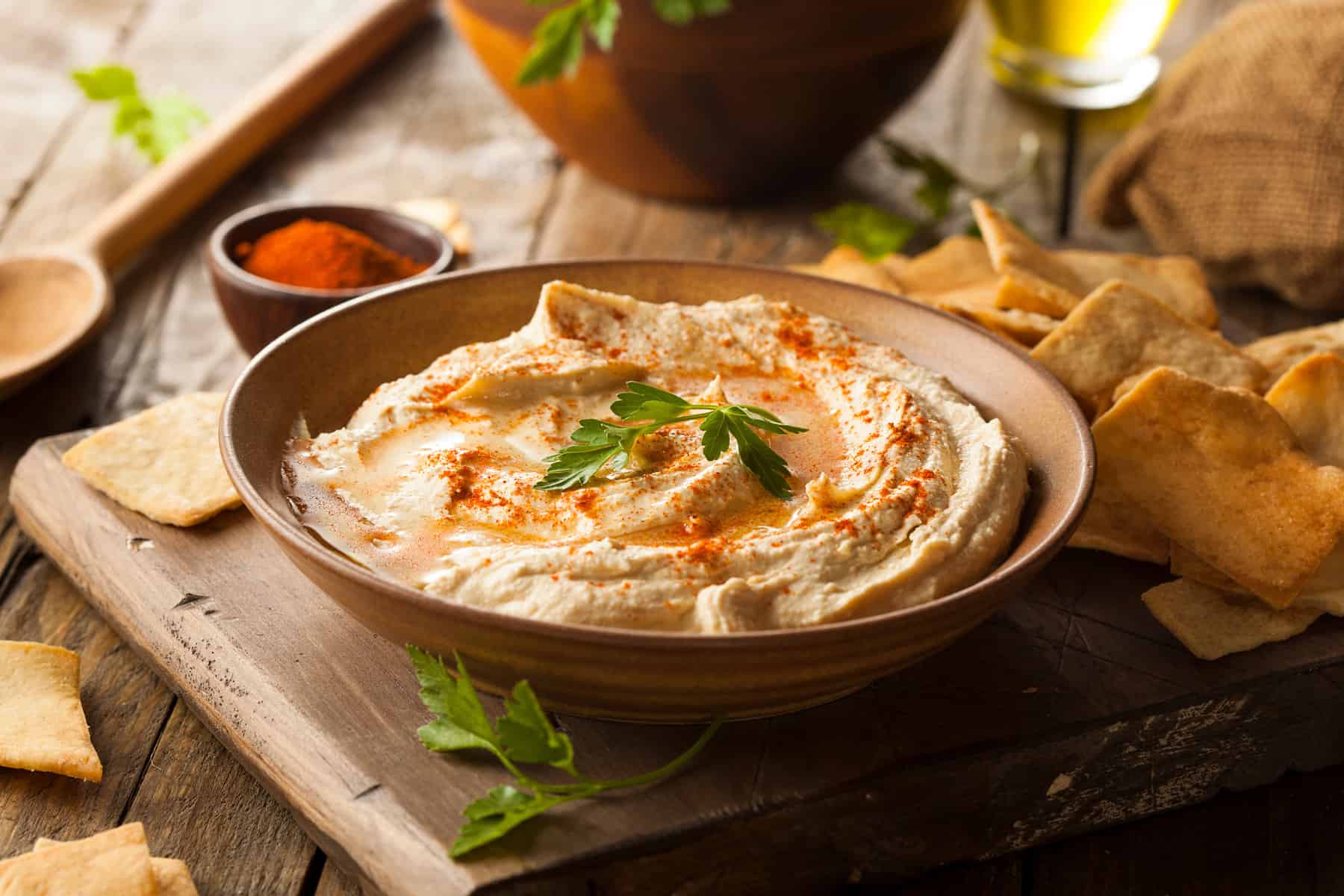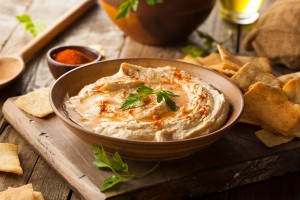I think my parents did a very smart thing in giving me a very uniquely Jewish-Israeli name. They made it so that my Jewish identity would be inescapable and ever present, although I also think they didn’t realize how much more challenging they would be making my life.
Despite having a rabbi for a father, I grew up pretty much secular. Once I left the house, I even stopped keeping kosher. Instead, I kept what I jokingly refer to as “kosher conscious”—that whenever I ate non-kosher food, I would always feel really bad about it. Ultimately, what I craved, though, was just the convenience and enjoyment of being able to go out to eat—you know?—to live like a normal person.
When I made aliyah to Israel, it was nice to feel like being secular and being Jewish wasn’t some kind of trade-off. I didn’t have to forsake my taste for Western culture nor really curb my lifestyle. Just culturally speaking, I eventually came to feel that Israel was accelerating past the United States. Truly, in the last few decades, the amount and quality of the music coming out of there reminds me of something akin to San Francisco in the 60s or Seattle in the 90s.
But it’s the food scene in Israel—the vibrant shuks, the bustling cafes, and most importantly, the social gatherings around them that are really the catalyst of it all. Hummus is Israel’s main dish, and even more than the cherry tomato and cellular phones, I think it is still its most proud product.
Hummus goes to the heart and soul of the country, and my personal theory is that this is because it is the perfect food for the immigrant on a lean budget. When I was living in the immigration center in Jerusalem, we all had refrigerators full of hummus. We lived off of it because it could fill us up on the cheap. And, although hummus is not an Israeli food, per se, Israelis uniquely convert it from a side dish into a main meal topped with just chickpeas and a hard-boiled egg or with a burger, schnitzel, shawarma, or mushrooms, etc.
A “humusiya” (hoo-moo-siya) is like a hummus café. They dot every nearly every corner in Israel, and each one boasts to being “the best hummus in the world” as Jews will naturally do.
Back when I was living in Tel Aviv, I would meet up with friends at a certain humusiya (Hummus HaCarmel) tucked away behind some vegetable carts at the shuk. It was often a scene inside with people pushing forward in line, the “barista” hurrying people along, friends chatting, businessmen discussing a project, or individuals in deep personal contemplation. But on a Friday afternoon, we wouldn’t even try to get in because the line would be out the door and wrapped around the block.
This particular humusiya looked like it had once been a synagogue, though I would learn later it had just been themed that way by the owner. As a result, eating hummus almost felt like some kind of holy act there. In a way, it kind of encapsulated my experience living in Israel, where being Jewish and living my everyday life were blended—where people knew how to say and spell my name right, and I could be just a regular guy.
In the coming weeks, together with the help of the United Jewish Federation of Tidewater, we will launch this area’s own humusiya, called appropriately, The Humusiya. We are now offering weekly specials. When our initial full menu is available, it will consist of hummus bowls, shakshuka, and other classics, along with a pre-packaged “take home” menu (pareve). Ordering will be possible from the JCC website or by visiting The Cardo Café for breakfast or lunch during its regular hours of 9 am–2 pm. In time, perhaps the menu and our operations will expand.
In Israel, I learned that the environment is critical to Jewish identity. The holidays there sync perfectly with the seasons, and its vegetable/dairy-based middle eastern cuisine is more conducive to adopting a kosher diet than a meat-centered European one. In this way, I hope that our food will foster a greater (but not necessarily perfect) level of kosher observance in the community here. Even a simple humusiya might possibly give even the unaffiliated the opportunity to touch base with their roots and entice an untapped market through the doors of the Sandler Family Campus.
I hope that The Humusiya will provide a greater sense of normalcy to the Orthodox community.
Please, come and try our food. We look forward to serving you!
Visit The Humusiya’s website at www.humusiya.com and join the Facebook group at www.facebook.com/thehumusiya.
Eitan Altshuler is with the Cardo Café at the Sandler Family Campus. He may be reached at ealtshuler@ujft.org.


